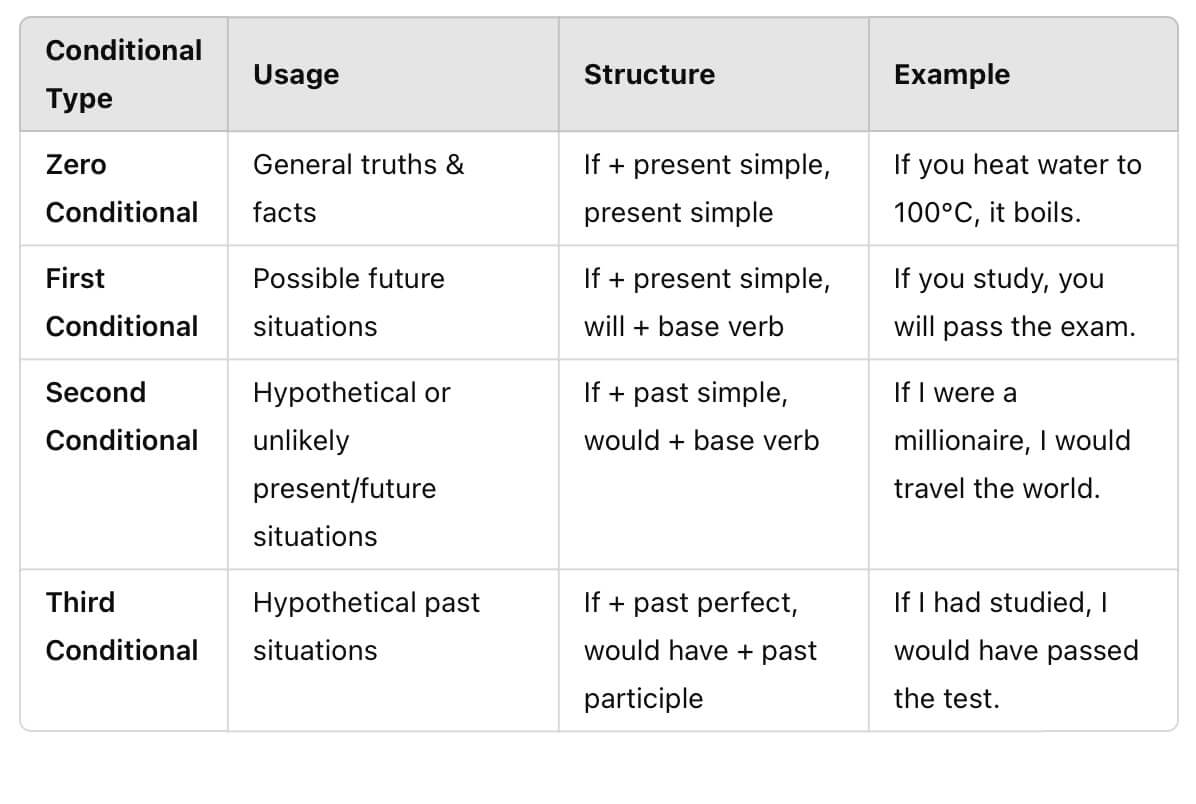- Home
- Substitution and Ellipis
- Ellipsis
Ellipsis in English Grammar
Ellipsis in English grammar is when words are omitted from a sentence. This is done in order to provide only the information that is needed rather than having unnecessarily long sentences.
Here are some examples, with the words omitted in brackets:
- Ques: When are you leaving? Ans: [I] Don't know.
- The man [who was] running the marathon practiced every day.
- She was feeling tired so [she] took the day off.
There are two types of ellipsis in English grammar: situational and textual.
Situational Ellipsis
Situational ellipsis is mainly used in speaking and so is more informal in nature.
We use it for leaving out various grammatical words from sentences such as pronouns, articles, and prepositions, and also for shortening answers to questions.
Here are some examples:
- Ques: [Are] You coming? Ans: [I] Should think so.
- Ques: How are you? Ans: [I] Can't complain.
- Ques: When [are] you coming back? Ans: [I'm coming back] Tuesday.
- [Do you want a] Coffee?
- [It's a] Pity you had to leave early last night.
Textual Ellipsis
Textual ellipsis occurs in both speaking and writing, and is more related to specific grammar rules, with the omission of words that are in grammatically predictable sentence positions.
Common examples are to prevent repeating verb phrases, after the words and and but and for reducing adverbial and relative clauses.
Preventing Repeated Verbs Phrases
Ellipsis helps us avoid repeating words by leaving out parts of a sentence that are understood from the context. Here are some common situations where we can do this with verbs and verb phrases.
After the Same Auxiliary or Modal Verb
When two parts of a sentence share the same auxiliary or modal verb, we can drop the repeated part and just keep the auxiliary/modal.
- Liam could finish the report, but I don’t think Emma could (finish the report).
- They will join us later, but we won’t (join them).
After a Different Auxiliary or Modal Verb
Even when the auxiliary or modal verb is different in the second part of the sentence, we can still leave out the repeated verb phrase.
For instance, in the following two examples, 'am' and 'would' are used in the first parts of the sentence, but different auxiliaries are used in the second.
- I’m reading more this year, though probably not as much as I should (be reading).
- You promised you'd call, but you didn’t (call).
Sometimes, especially when referring to the past, we need to include both auxiliary verbs (e.g must have) to keep the meaning clear.
- He didn’t attend, but he might have (attended) if you'd asked him.
- "Did she reply?" "No, but she should have (replied)."
Using Do/Does/Did
When the verb is in the present or past simple and there’s no auxiliary, we use the appropriate auxiliary (i.e. do, does, or did) in the second clause.
- He enjoys hiking, but she doesn’t.
- They knew the answer, but we didn’t.
After "To" + Infinitive (Reduced Infinitive)
When repeating an infinitive verb phrase after "to", we can leave it out if it’s already clear from context.
- I wasn’t planning to travel this month, but now I’d like to (travel).
- "Are you going to apply for the job?" "No, I’ve decided not to (apply)."
After and and but
Words in the second clause (i.e. after and or but) can often be omitted because they have been specified in the previous clause:
- I went to the cinema and then [I went] to dinner.
- She ordered 8 cartons of milk but they only delivered 4 [cartons of milk].
- John wanted a Madras curry and Peter [wanted] a Korma [curry].
Adverbial and Relative Clauses
Textual ellipsis is also used after conjunctions such as while, when, after, and before in adverbial clauses. This is done by omitting the subject and the auxiliary verb (a form of the verb be) after the conjunction:
- When [you are] leaving the dinner table, you should ask to be excused.
- She was checking her emails while [she was] speaking on the phone.
With defining relative clauses, sometimes the relative pronoun and the form of the verb be as an auxiliary are omitted:
- The person [who was] arrested is a female aged 23.
- The photo [which was] taken was stunning.
These are now reduced relative clauses.
New! Comments
Any questions or comments about the grammar discussed on this page?
Post your comment here.




